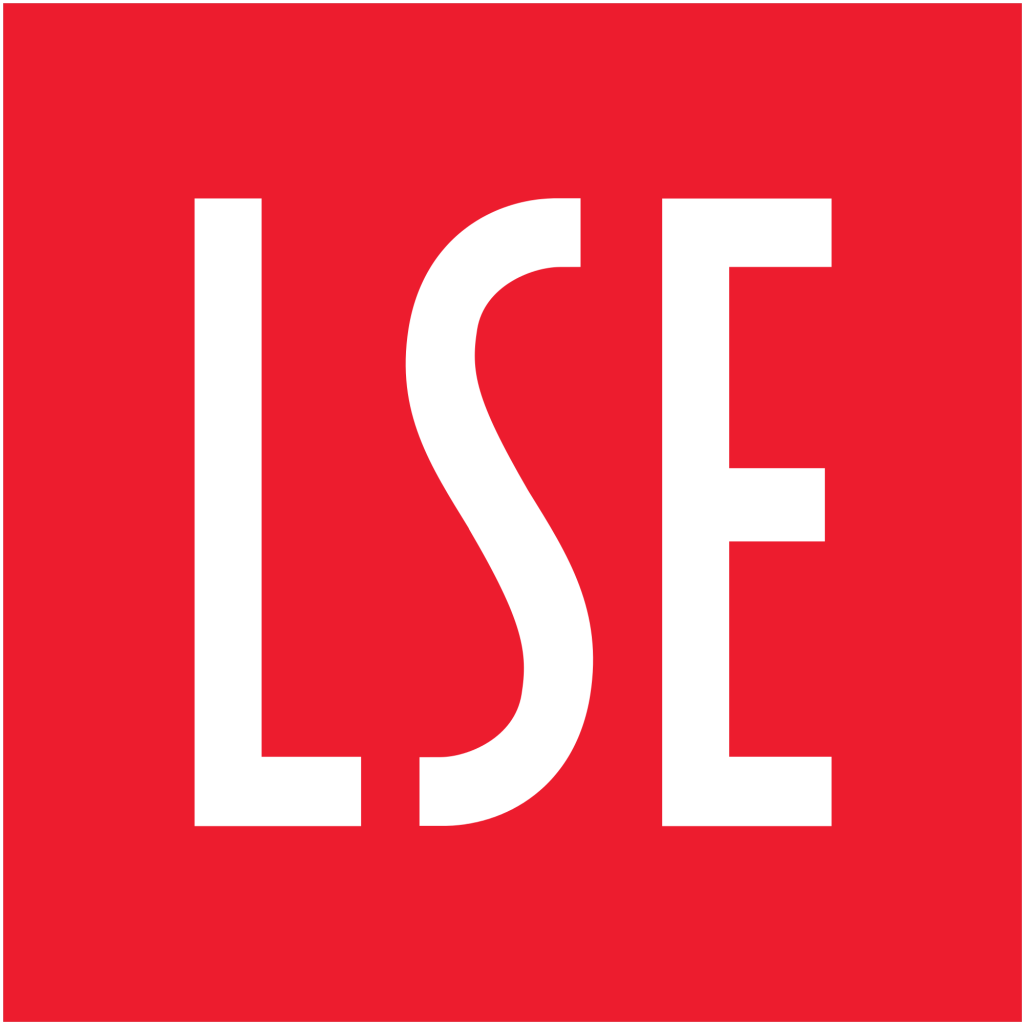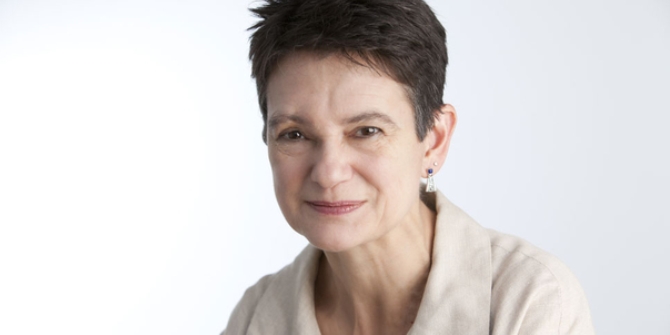
 In recent years there has been increasing interest in how the evidence-gathering process works in Parliament, especially with Select Committees. A particular focus has been on how representative of different groups in British society are those submitting evidence. However, there has been little or no investigation of what the experience of giving evidence is like for witnesses – and this is the gap that the LSE GV314 Group, led by Ed Page, addresses. Using a survey of witnesses their research sheds new light on the gains and the stresses for witnesses, and their (generally favourable) perceptions of the value of giving evidence.
In recent years there has been increasing interest in how the evidence-gathering process works in Parliament, especially with Select Committees. A particular focus has been on how representative of different groups in British society are those submitting evidence. However, there has been little or no investigation of what the experience of giving evidence is like for witnesses – and this is the gap that the LSE GV314 Group, led by Ed Page, addresses. Using a survey of witnesses their research sheds new light on the gains and the stresses for witnesses, and their (generally favourable) perceptions of the value of giving evidence.
A lot has been written about how far Select Committees are up to the task of helping shape policy and holding government and other powerful bodies to account. We know quite a bit about who gives evidence (interest groups, government officials, and men dominate) but we know less about why they give it. For the government officials this is easy enough to answer; when called it is part of their job to appear. For the rest the answer is not so obvious. So, in March 2019 we set out to survey a wide range of those involved – the methods note at the end of this piece gives some key details of how we went about this. Suffice to say here that we had a great response from over 990 people.
Giving evidence can involve serious work. The average piece of written evidence took our respondents a day to write, with over one-third taking over two days. Statistically, writing evidence was rarely rewarded with an invitation to appear in person (we calculate in only 11% of cases at most in the Committees we studied). Those giving evidence in person (440 respondents) spent on average three hours preparing for their appearance and 47% of them had to travel to London from outside the South East. Some people give both oral and written evidence, which was true of a third of all evidence-givers in our sample.
So what’s in it for them? At a personal level, quite a lot. Very few expressed any substantial dissatisfaction with the experience. Very few (under 2%) would try and avoid giving evidence again, while 74% would actively volunteer to do so. By all accounts it is exhilarating to appear before a Committee. Over 90% of those who gave oral evidence found it ‘very’ or ‘somewhat’ enjoyable. However, 53% also said it was ‘very’ or ‘somewhat’ intimidating. Yet only a small fraction (14%) of those feeling intimidated did not enjoy the whole experience. Over four-fifths of oral evidence-givers agreed that they had been given the opportunity to put their points across and that the chair guided the session well; over two-thirds believed their session to be ‘very’ focussed and well-organised, the remainder thought that only that it was ‘somewhat’ so. Those who only sent in written evidence were even more keen to give evidence again (81%) than those who appeared before a Committee (67%).
To some extent what is in it for different people probably depends on who they are and what they are looking for in the process. While our survey could not reach many of the private citizens who offer (mainly written) evidence, 62% of our respondents gave evidence on behalf of an organization (private firms and charities were the most common) and 28% were academics and professionals. Overall, 69% overall believed that giving evidence enhanced the status of their organization. Evidence-givers from trade associations, trade unions, charities and think tanks were especially likely to think so, but those from private companies were less likely. Interestingly, academics and other experts were also less likely to believe that giving evidence enhanced their professional standing (60%).
The feeling that evidence-giving has an impact appeared to be main cause of satisfaction overall. These feelings were much stronger among those who appeared in person before the committee. Not surprisingly, 58% of oral evidence givers believed their evidence had a moderate or big impact on the Committee’s report, compared with 22% of those submitting written evidence only. Even so, in light of the fact that the Committee inquiries we surveyed had dozens or even hundreds of items of written evidence, it is remarkable that only 23% of written evidence-givers believed that the Committee had paid no attention at all to their evidence. For oral evidence givers this number was much lower at 6%.
Of course, there were many negative views about the whole Select Committee system among those that submit evidence. Public criticism has focused most on frequent allegations of a gender imbalance, London dominance and the preponderance of ‘usual suspect’ elite individuals and organizations amongst those called to give evidence by Select Committees. However, perhaps surprisingly, the narrowness of the views consulted by Committees was not a particularly important reservation among our respondents – 16% agreed that the range of evidence before the Committee was too narrow. Paying too much attention to some witnesses at the expense of others (30%) was a more common criticism. And among oral evidence givers, 25% of our respondents believed that MPs had a clear view of the conclusions they would reach irrespective of the evidence presented.
Negative views of the process seemed to be significantly related to the impact that evidence givers felt they had on the overall report. We looked at those respondents who said negative things about the Committee inquiry (too narrow in its evidence base, unbalanced assessment of the evidence, disagreed with the thrust of report it produced). These sentiments seemed closely related to people’s perceived impact. Amongst respondents who felt their evidence was not taken into account 87% of those expressed some form of negative opinion compared with 25% of people who claimed a moderate effect on the report. Amongst respondents claiming that their evidence had a big effect on the outcome only 10% expressed one of the three criticisms above. Those who saw their own impact on the report as less substantial were also far more likely (46%) to regard Select Committees in general as ‘political theatre’ than those who believed their evidence had a big impact (4%).
Moreover it is the perceived impact on the Committee of the evidence giver rather than the impact of Select Committees on policy that appears to be most important here. Asked about the impact on policy of the Select Committee’s report 75% of evidence givers estimated it as small or moderate, with 11% saying it would have no effect. Just 7% said it would have a big effect. Yet this ‘realism’ did not have as strong an impact on overall views of the process as perceived impact on the report.
When thinking about reforming Select Committees a wide range of suggestions have been put forward, mainly covering attracting or selecting the right sorts of witnesses – especially so as to increase diversity, and attract the best experts. There are also views on how to make the process of receiving and giving evidence more efficient and enjoyable, and how Select Committee reports might be given greater influence over government action. Much of what we know and believe about how Committees work is heavily influenced by the single largest group of evidence givers, namely civil servants and other government officials. When we cast aside the shadow of this group we see something rather different and generally quite upbeat. The upbeatness, incidentally, extends to a better gender balance among external witnesses. Without the male-dominated Whitehall and Westminster contingent, the proportion of women witnesses is 42%, rather than the 34% generally quoted.
Keeping these external witnesses onside is the key to developing Select Committees’ future effectiveness as a crowdsourcer of expertise and ideas. Showing respect for evidence-givers – by Committee chairs and members acknowledging their contribution to the Committees’ finished work – appears to be the key to keeping wider publics keen to participate. This respect appears to be more readily shown to the oral evidence-givers invited to Westminster than to the written evidence-givers. But still they come.
_______________
Note: In March 2019 The LSE GV314 Group conducted a survey of those from outside government, excluding MPs, ministers and civil servants working directly for national government. It looked at those giving evidence to House of Commons and House of Lords Select Committees which had more than 30 witnesses in the year from autumn 2017, and three House of Lords Committees with large numbers of witnesses reporting in the same period. The response rate was 56% with a yield of 919 responses (733 referring to the House of Commons and 186 to the House of Lords).
 The LSE GV314 Group is a group of final-year undergraduate students at the London School of Economics and Political Science. In each academic year the Group members conduct a new survey on a policy-relevant aspect of UK governance as a quarter of their final year in BSc degree.
The LSE GV314 Group is a group of final-year undergraduate students at the London School of Economics and Political Science. In each academic year the Group members conduct a new survey on a policy-relevant aspect of UK governance as a quarter of their final year in BSc degree.
 Ed Page is the Sidney and Beatrice Webb Professor of Public Policy at the Department of Government, LSE, and runs the GV314 ‘Empirical Research in Government’ course. His most recent book is The Oxford Handbook of Classics in Public Policy and Administration (co-editor).
Ed Page is the Sidney and Beatrice Webb Professor of Public Policy at the Department of Government, LSE, and runs the GV314 ‘Empirical Research in Government’ course. His most recent book is The Oxford Handbook of Classics in Public Policy and Administration (co-editor).
All articles posted on this blog give the views of the author(s), and not the position of LSE British Politics and Policy, nor of the London School of Economics and Political Science. Featured image credit: Pixabay (Public Domain).







